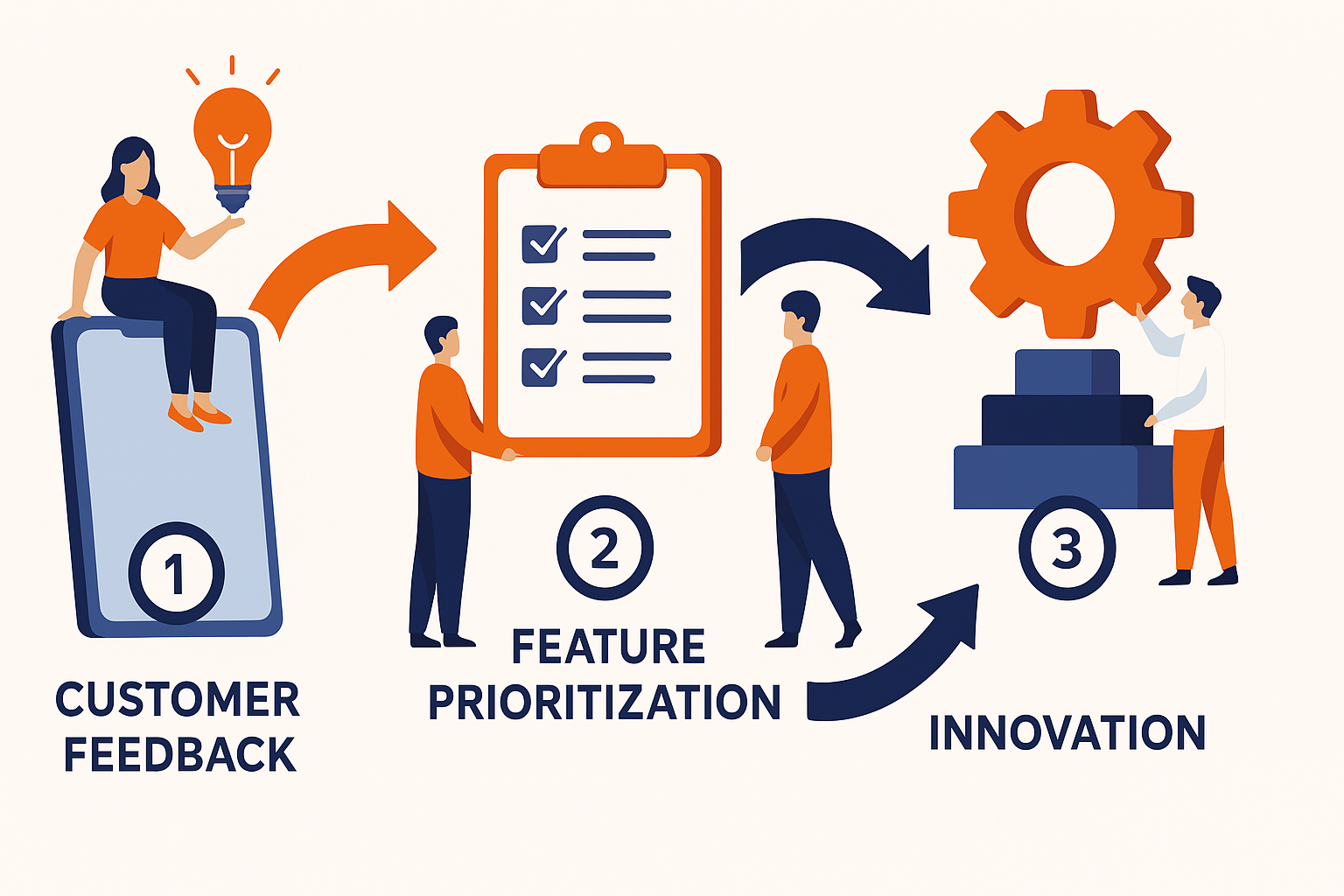The transition to value-based care (VBC) represents one of the most significant shifts in modern medical practice. Yet, as Christine Meyer, MD, notes in her recent interview, "When I was in med school and training, we got exactly zero minutes of education in the business aspect of medicine." This disconnect between medical training and practice reality presents both a challenge and an opportunity for medical educators.
Key Insights for Medical Education
1. The Business-Medicine Integration Gap
Medical education traditionally focuses on clinical excellence, with limited exposure to practice management and business operations. However Christine's experience highlights how clinical excellence alone doesn't guarantee success in value-based care models. Key educational implications include:
- Need for exposure to practice management principles during medical training
- Understanding the relationship between care quality metrics and practice viability
- Integration of business and clinical decision-making skills
2. The Reality of Practice Transformation
Her journey reveals several critical lessons that should be incorporated into medical education:
- Mind Shift Required: "No matter how good of a doctor you are and how much you understand the guidelines and good quality care... value-based care work takes intention and it takes workflows and it takes processes."
- Team-Based Approach: Success requires engaging every staff member, from receptionists to billing specialists
- Continuous Improvement: Practice transformation isn't a one-time event but an ongoing process of refinement
3. The Economics of Quality Care
Medical students need to understand the financial realities of modern practice:
- Initial investment required before seeing returns
- Importance of reinvesting value-based care payments into practice infrastructure
- Balance between immediate revenue needs and long-term practice development
Recommendations for Medical Educators
1. Curriculum Integration
- Incorporate practice management modules into clinical rotations
- Develop case studies based on real practice transformation experiences
- Include quality metrics and population health management in clinical discussions
2. Experiential Learning
- Partner with practices transitioning to value-based care for student observation
- Create simulation exercises that combine clinical and business decision-making
- Develop projects that require students to analyze both care quality and business metrics
3. Mindset Development
- Foster understanding of healthcare as both a calling and a business
- Develop skills in process improvement and change management
- Build comfort with data-driven decision making
The Path Forward
Christine's experience suggests that successful value-based care requires a different kind of physician leader – one who understands both clinical excellence and business operations. Medical educators have a unique opportunity to prepare the next generation of physicians for this reality by:
- Acknowledging the importance of business education in medical training
- Creating integrated learning experiences that combine clinical and operational skills
- Helping students understand the connection between care quality and practice viability
Conclusion
The gap between traditional medical education and the realities of value-based care practice represents a significant challenge for new physicians. By incorporating these lessons into medical education, we can better prepare physicians for success in modern practice while maintaining focus on what matters most: providing high-quality patient care.
As Christine notes, "Students in training, especially if we want primary care to stay viable... need to incorporate in our education, show them the positives, show them the autonomy, show them the other piece of your brain that you get to engage when you run a business."
Medical educators have a unique opportunity to reshape training programs to meet this need, ensuring that future physicians are prepared not just to practice medicine, but to lead the transformation of healthcare delivery.

.svg)







